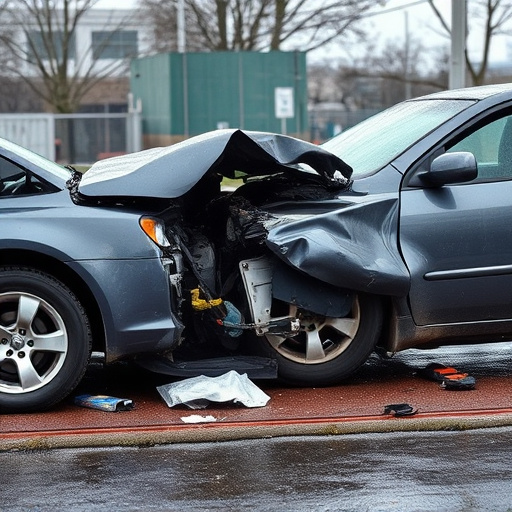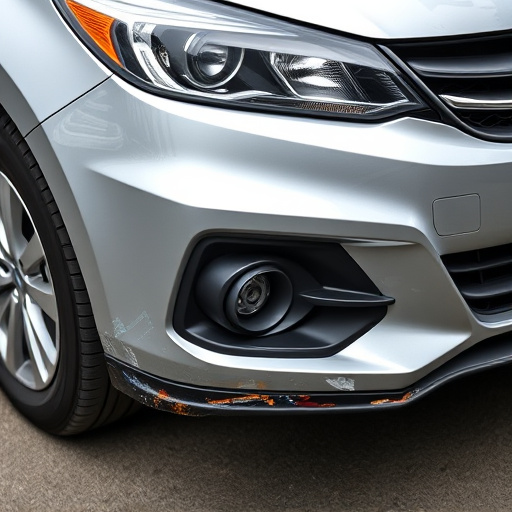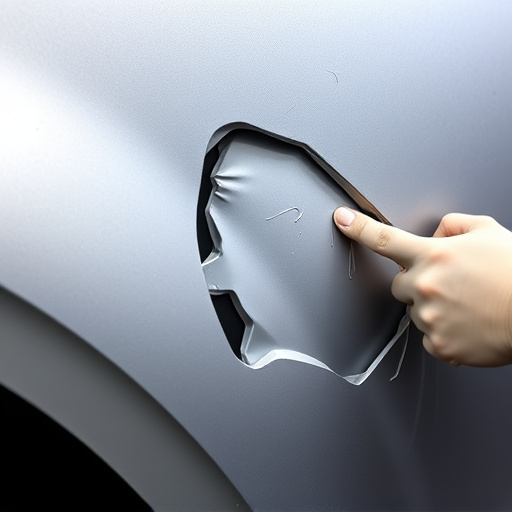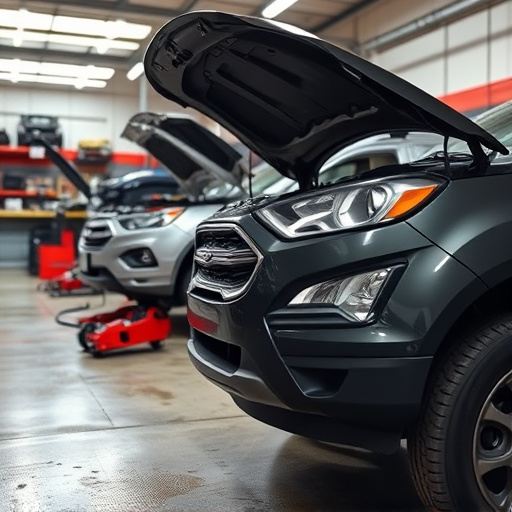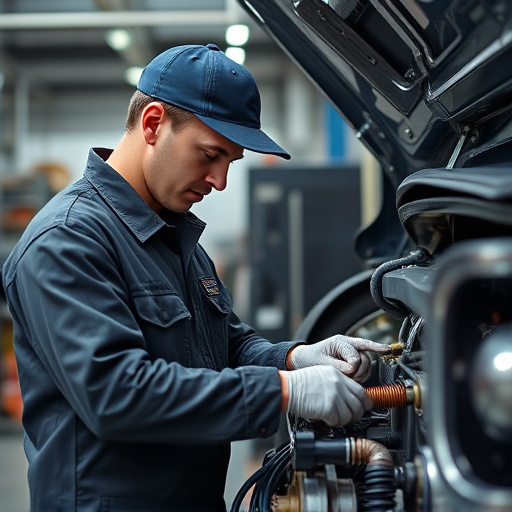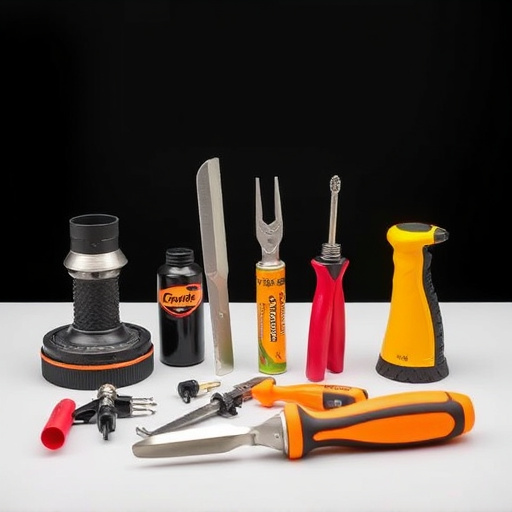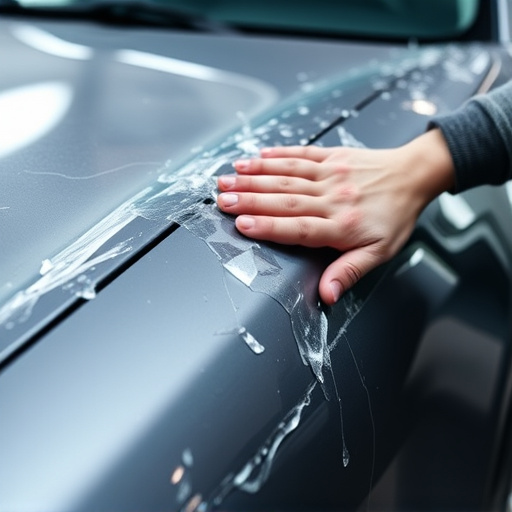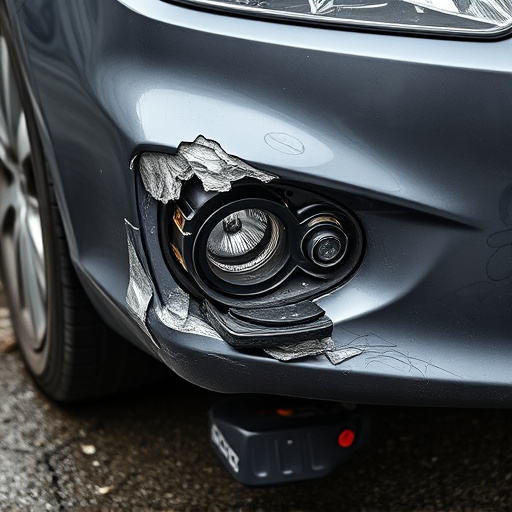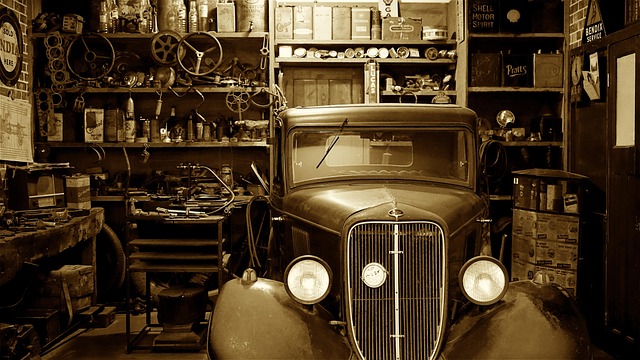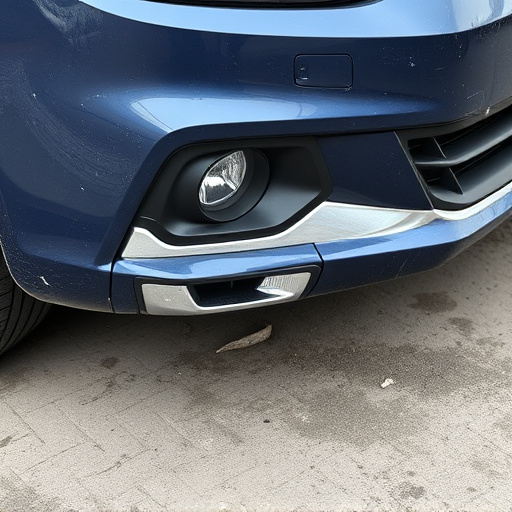An alternator inspection is crucial after a car accident due to its vital role in electrical systems. Look for visible damage and check belt slippage or wear. Early detection of issues like internal wear prevents severe, costly damage. Visit a trusted collision center for thorough inspections alongside other critical repairs.
After a car accident, a thorough alternator inspection is crucial. The alternator, vital for recharging your vehicle’s battery, can sustain damage that may not be immediately apparent. This article guides you through the process of detecting alternator issues post-accident. We’ll walk you through assessing physical damage during an initial inspection, checking the alternator’s functionality, and identifying warning signs of potential failure. Remember, early detection can prevent further complications.
- Assess Physical Damage During Initial Inspection
- Check Alternator's Functionality After Accident
- Look for Warning Signs and Symptoms of Failure
Assess Physical Damage During Initial Inspection
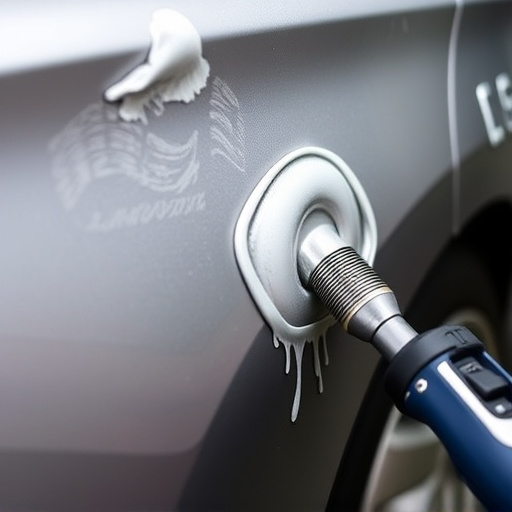
During the initial inspection following a car accident, it’s crucial to assess any visible physical damage, especially to components like the alternator. While some damages may be immediately apparent, others might require closer examination. Look for signs of impact or deformation around the alternator housing and its connections. Cracks, dents, or any unusual markings could indicate that the alternator has been compromised. Remember, an alternator plays a vital role in your vehicle’s electrical system, so any damage could have significant implications.
In many cases, an auto collision center will be equipped to perform a thorough alternator inspection after an accident. They have the expertise and tools needed to evaluate if the alternator needs replacement or can be repaired as part of broader vehicle restoration efforts. Don’t overlook potential issues; addressing them promptly is key to ensuring safe operation of your car post-accident, including during the subsequent car body restoration process.
Check Alternator's Functionality After Accident

After a car accident, it’s crucial to perform an alternator inspection as part of your vehicle’s overall evaluation. The alternator is responsible for charging your car’s battery and powering various electrical systems, so any damage or malfunction can have significant consequences. During the inspection, check for visible signs of damage, such as cracks or leaks, which might indicate a problem with the alternator housing or internal components.
A simple test involves examining the alternator belt for slippage or wear. If it’s loose or damaged, it could be a red flag that the alternator is struggling to function properly. Many car repair services, including those specializing in Mercedes Benz collision repair, offer alternator testing as part of their post-accident assessments. By addressing potential issues early, you can prevent further damage and ensure safe, reliable operation of your vehicle’s electrical systems.
Look for Warning Signs and Symptoms of Failure
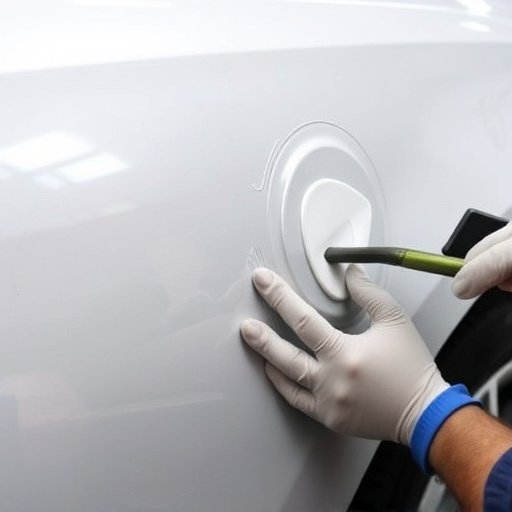
After a car accident, one of the critical steps in ensuring your vehicle’s safety and reliability is conducting an alternator inspection. The alternator plays a vital role in keeping your battery charged, powering electrical systems, and starting your engine. Look for warning signs such as dim lights, erratic dashboard indicators, or a distinct grinding or whining noise coming from the engine bay. These symptoms could indicate issues like belt damage, internal wear, or a failing stator, all of which require prompt attention.
Regularly checking your alternator’s condition is essential, especially after any collision. A visit to a trusted collision center or automotive body shop can facilitate a thorough alternator inspection alongside other critical frame straightening and repair processes. By identifying potential problems early on, you can avoid more severe and costly damage down the line.
Following a car accident, a thorough alternator inspection is crucial for ensuring safe and reliable vehicle operation. By assessing physical damage, checking functionality, and recognizing warning signs, you can proactively address potential issues. Regular alternator maintenance not only protects your safety but also prevents costly repairs down the line. Remember, an early detection of problems through proper alternator inspection after accidents is key to keeping your vehicle in top shape.
